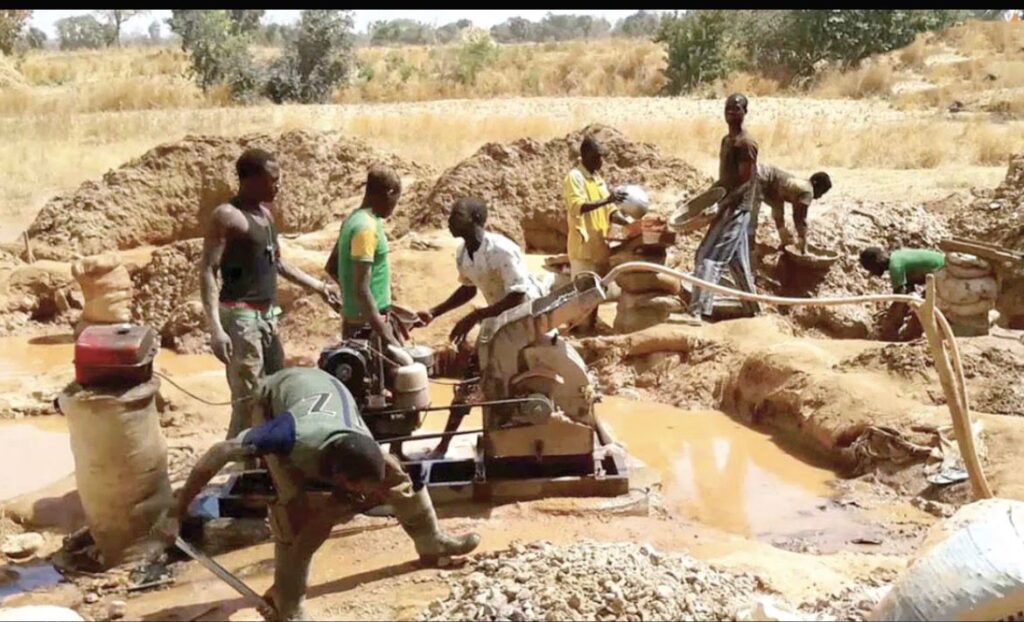You are Busy Endorsing Tinubu While Economy Tanks, Malami Rails at APC
Former Attorney-General of the Federation and Minister of Justice, Abubakar Malami, has criticised leaders of the All Progressives Congress (APC) for prioritising political endorsements over addressing the deepening economic crisis affecting Nigerians, particularly in the North.
Speaking at a high-level consultative meeting organised by the National Political Consultative Group (North) in Abuja on Sunday, Malami expressed concern over what he described as misplaced priorities within the ruling party.
According to him, the recent wave of endorsements for President Bola Ahmed Tinubu’s re-election bid has overshadowed urgent discussions on the country’s mounting socio-economic problems.
The meeting brought together a host of opposition heavyweights, including former Vice-President Atiku Abubakar, 2023 Labour Party presidential candidate Peter Obi, and former Rivers State Governor Chibuike Amaechi.
The gathering is part of ongoing efforts by opposition figures to explore the formation of a united coalition ahead of the 2027 general elections.
Delivering the keynote address, Malami lamented that President Tinubu’s economic policies have had a disproportionate impact on the northern region, worsening poverty and stifling growth.
“Rather than confronting the pressing issues that are crippling the economy and impoverishing citizens, APC leaders are focused on securing a second term for President Tinubu,” Malami stated.
He accused party chieftains of turning a blind eye to rising inflation, widespread unemployment, and deteriorating public services, particularly in northern Nigeria.
“This is a time for reflection and responsibility, not premature campaigns and endorsements,” he added.
The remarks signal growing discontent within political circles and highlight fractures that may impact the APC’s cohesion heading into the next election cycle.
The consultative meeting also served as a platform for brainstorming policy alternatives and fostering dialogue among opposition blocs.
As political momentum builds toward 2027, observers say such criticisms from former insiders like Malami could influence public perception and shape the evolving political landscape.







